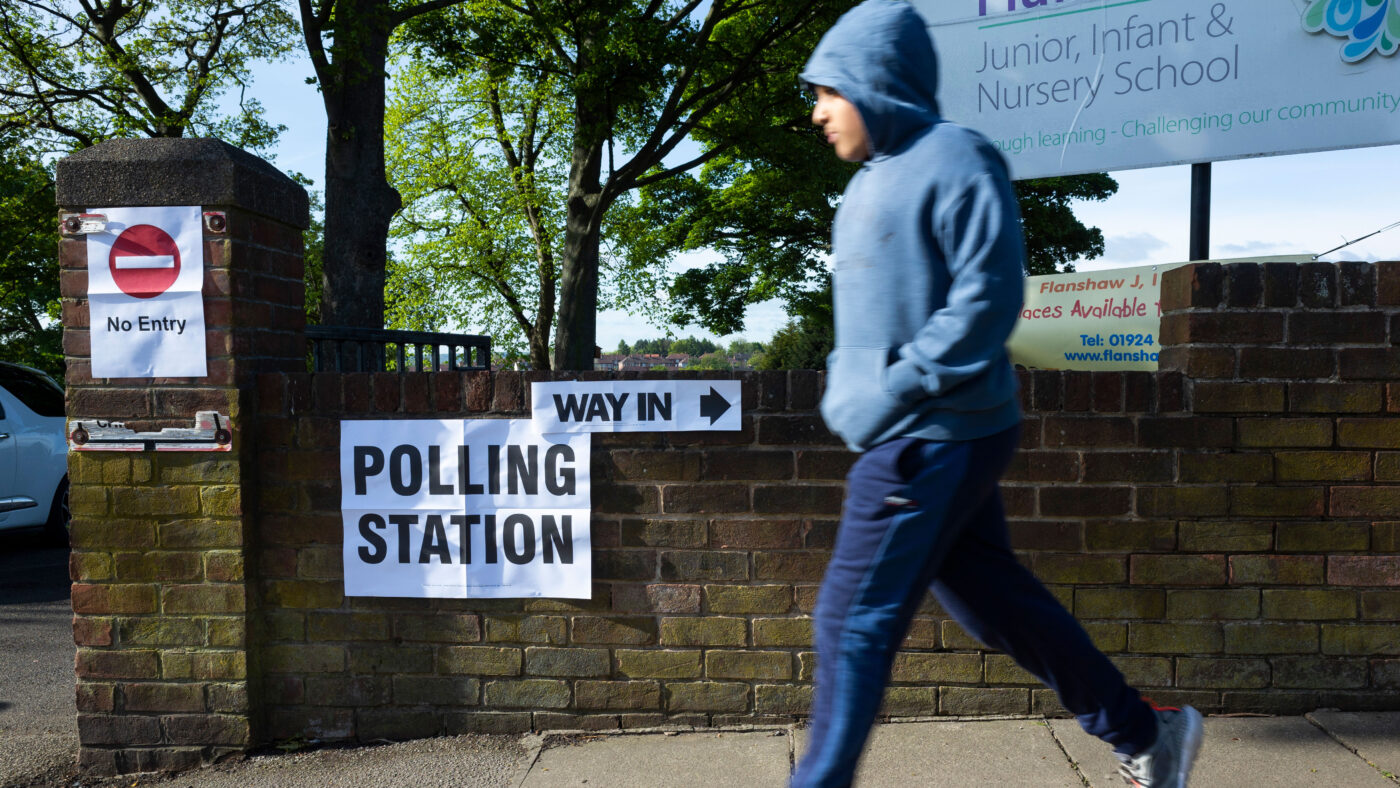Speaking to university friends in the lead up to yesterday’s local elections, I wasn’t particularly surprised to hear few intended to vote. Young political apathy is a chronic ailment.
It’s no secret that young people have always had the worst voter turnout, but an already bad situation is emphatically getting worse. In the 2019 general election, it’s estimated that only 54% of voters aged 18–24 went to the polls. This is significantly lower than the mid-to-high 60% range of our parents’ generation 30 years ago.
What is behind this concerning trend? It surely can’t be a lack of information about politics, given that social media is saturated with political news and it’s never been easier to check up on what your local MP or councillor has been up to.
Perhaps the disturbing answer is that many young people see no point in voting because they think the odds are already so stacked against them that little will change either way. This is certainly borne out by ITV’s recent ‘Youth Tracker’ poll, which showed that 45% of 18-24s think they will end up worse off than their parents.
The same feeling of hopelessness may account for why some young professionals are drifting towards ‘quiet quitting’ or even leaving their jobs altogether. That attitudes to ambition and aspiration have changed is little surprise, given how steep the ladder to success now appears. Compared to 30 years ago, the idea of ‘getting on in life’ today seems more like a dream than a realistic goal.
Housing is the most obvious, glaring example: in 1993 the average cost of a home was only three times the average annual salary, today it is nine times. Meanwhile those mostly older people who do own their homes wield a disproportionate amount of political power, terrifying local politicians into backing Nimby campaigns for fear of upsetting the ever-growing grey vote. By maintaining the triple lock, freezing income tax thresholds and all but abandoning housebuilding targets, the Government has done little to dispel the idea that it puts the interests of pensioners over those of the working age population.
What I fail to understand is why that doesn’t rouse younger people to take action (leaving aside a few eco-protesters throwing paint and gluing themselves to things). That same ITV poll found that 44% of young voters said they had little or no interest in British politics.
Again, they may feel like politicians have little to say to them – but it risks becoming a self-fulfilling prophesy. After all, if young people decline to vote, then why would they expect politicians to legislate in their interests? When general election turnout among over-65s is 20% higher than for under-25s, is it any wonder the Westminster parties act like lobbyists for pensioners?
So to my fellow young Brits, it really is time we took the initiative and voted with our feet. Until young people replace apathy with agency and start holding politicians’ feet to the fire, we can’t expect things to suddenly change for the better.
Click here to subscribe to our daily briefing – the best pieces from CapX and across the web.
CapX depends on the generosity of its readers. If you value what we do, please consider making a donation.


